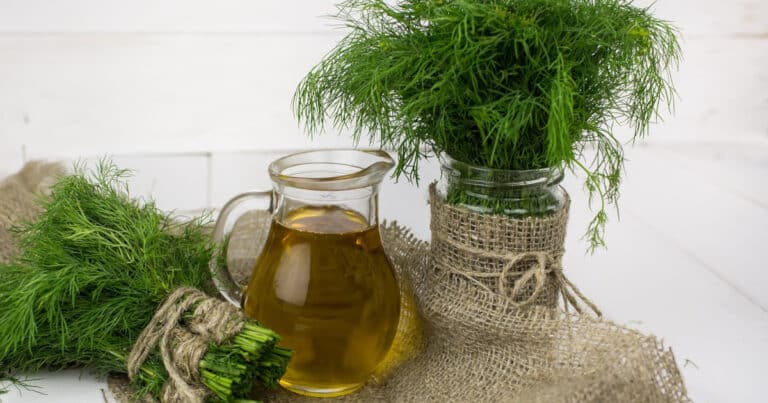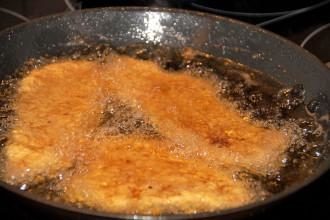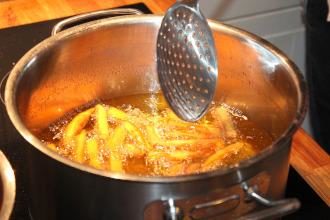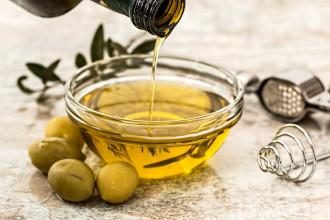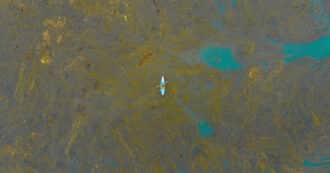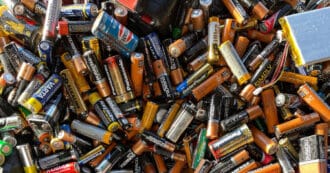By Sydney Cohen – It is important to know how to dispose of cooking oil. Fortunately, it is not too difficult to take the proper steps of disposal, in order to protect the health of our environment and the people that we care about. Continue reading to learn some practical steps you can take for cooking oil disposal!
The Proper Disposal of Used Cooking Oil
There are a few easy steps to properly dispose of used cooking oil. To start, you should make sure the used oil is cool enough, and then store it in sealable, disposable containers like plastic bottles, a plastic container, take-out boxes, or empty milk cartons that are tightly sealed. Then, you can include this in your food waste bin for disposal.
You can also take used oil to some restaurants, which may have a grease disposal system with the ability to dispose of used oil. Proper cooking oil disposal is important if we want to take care of our environment!
Hot Cooking Oil
If the hot oil is dangerous to touch, you should let the cooking oil and grease cool before attempting to transfer or pour the cooking oil, which can be dangerous. Warm cooking oil can potentially leak if poured directly into a garbage bag. Pour the oil into a sealable container, rather than directly into a garbage can’s plastic bag, to avoid any mess.
Continue reading as we discuss more methods of cooking oil and kitchen grease disposal.
Small Quantities of Cooking Oil
If you have only used a tablespoon or so in your cooking, this amount of cooking oil and grease can be stored in glass jars or alternatively, poured directly into the garbage can, preferably already filled with absorbent goods such as paper towels or cat litter, to prevent leaks. If you do this method, it is important to have absorbent goods and other household waste in the trash can with the oil, to eliminate a potentially damaging oil leak from underneath trash bags. As previously mentioned, leaks can be avoided if you place a paper towel into the trash, before you pour vegetable oil, frying oil, or any other oil used for cooking.
However, if the amount of oil is more than this, you must take the necessary steps to dispose of it, and contacting your local waste center to learn about their protocols and guidelines is a good first step.
Large Quantities of Cooking Oil
Cooking oil must not be kept in storage until the oils have cooled or hardened. You can pour oil into a can, foil lined bags, or into an airtight container such as a storage box and put it into the freezer. Once the oil is completely solid, the container can be put in the trash. This is an easier, less messy method of disposing of your old cooking oil.
Why Should I Properly Dispose of Cooking Oil?
It is important to take proper care when disposing of oil, as oil can harm pipes, ultimately causing environmental hazards with the potential of leaks. Mixing cooking oil with absorbent materials or food can cause the product to become solid waste, which is often easier to dispose of.
The Environmental Impacts of Oil Disposal
Pouring too much oil down the kitchen sink can clog pipes and damage sewage pipes, which can lead to health and environmental hazards. This particularly occurs with deep frying, when a large amount of oil is often used, as in the preparation of French fries and other fried foods. While liquid grease poured down the drain may seem fine at first, it can cling to kitchen pipes and accumulate, causing blockages and then eventually reach the local wastewater mains and from there travel into the sewer system. This can ultimately result in sanitary sewage overflows, septic system failures, and polluted storm-water runoff.
Avoid Pouring Oil Down The Drain
It can be tough for people to get rid of leftover kitchen oils such as expired vegetable based oils, coconut oil, olive oil and all types of cooking oils and grease. It’s possible you want to pour it down a drain or sink, for ease of disposal. But this can cause blocked and damaged pipes in your home. Moreover, doing so is also unsafe for fish and birds, which rely on creek, river, and ocean ecosystems that the oil will ultimately go to.
Reusing Cooking Oil As Biodiesel
If the oil was not used at an incredibly hot temperature or looks relatively free of food particles, you can recycle cooking oil and reuse oil to avoid liquid waste. You can recycle used cooking oil by using a local waste collector site in your region that accepts cooking oil, allowing the transformation into biodiesel, an environmentally friendly way to reuse cooking oil.
Biodiesel is a type of biofuel that “is produced from vegetable oils, yellow grease, used cooking oils, or animal fats. The fuel is produced by transesterification—a process that converts fats and oils into biodiesel and glycerin (a coproduct)”.
Biodiesel has many important uses. It can be used for transportation to power vehicles, energy generation, to provide heat to homes and buildings, charging electronics, cleaning up oil spills, and it will eventually be used for energy once the planet runs out of fossil fuels. Biofuel can be produced without harming the environment and exploiting a limited natural resource, which is why it is so important to the future of renewable energy use.
Other biofuels include wood, biogas, ethanol, methanol, and butanol, which are all renewable sources of energy, are relatively cheap and are much more environmentally friendly.
Where To Dispose of Used Cooking Oil?
We encourage you to consider alternative disposal methods. Cooking oil can be safely disposed of at specialist facilities.
To find recycling centers, you can visit Green Directory, a website that provides listings of recycling centers across the United States. On the Green Directory website, select “Cooking Oil” and then select your zip code.
Green Directory offers downloadable sites to recycle discarded household goods that include grease.
Religious Communities Recycling Cooking Oil
The Catholic Church in Brazil is leading by example through collecting used cooking oil, as described in an article on Vatican News. Volunteers go around the Apucarana neighborhoods collecting used cooking oils and electronics. This avoids these products polluting three local rivers, the Pirapó River, the Tibagi River and the Ivaí River.
According to the article, “more than 1,000 liters were collected, avoiding the contamination of 1 billion liters of water.” The collected oil is sent to a company that filters it and sends it to a soap factory in town. Collecting used cooking oil creates jobs, soap and community, and all while protecting the environment from pollution.
This project is an expression of Pope Francis’s call to protect the environment, as famously expressed in his encyclical, “Laudato si’.” Amauri Henrique Rosina, a Laudato si’ Animator who coordinates the recycling collection explains how “God has entrusted us with the task of cultivating and caring for creation… We try to change habits, to recycle and also encourage a decrease in the use of materials to reduce household waste. It is a great harmony we are seeking: we need to start from the inside.”
The next time you cook with oil and have oil leftover, make an effort to dispose of it properly. If your goal is to keep our environment clean for future generations, don’t forget about proper disposal! Who’s ready to take action?
* Featured image source
Looking to learn more about preventing pollution? Check out our blog post on the costs of oil pollution.

